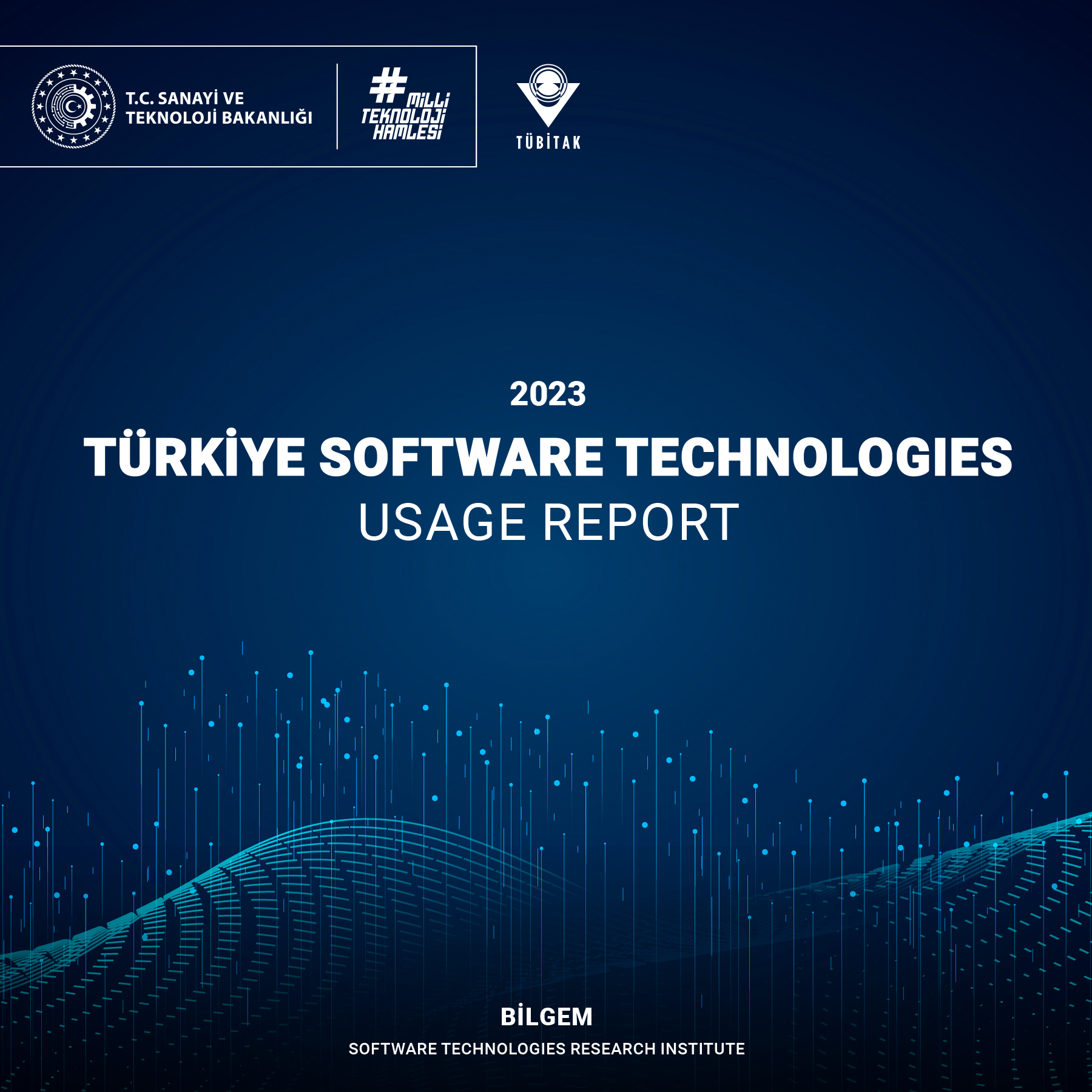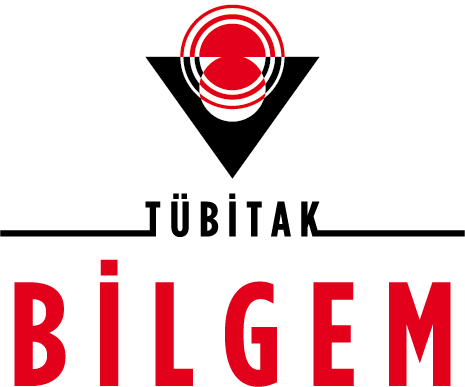Software Technologies Research Institute
Software Technologies Research Institute (YTE) carries out R&D activities in the field of software technologies that our country needs; provides software development, digital transformation, software quality monitoring and consultancy services. The Institute is especially involved in strategic, sensitive and critical projects of our country.
ABOUT US
Who We Are
Software Technologies Research Institute (YTE), which carries out R&D activities in the field of software technologies that our country needs; is a TÜBİTAK BİLGEM institute that provides software development, digital transformation, software quality monitoring and consultancy services.

YTE
Technology & Solutions
Software Development
In collaboration with public institutions and organizations, R&D-focused, strategic, sensitive, and critical software projects are being developed using new technologies and innovative approaches. These projects embrace a quality-oriented approach, aiming to achieve customer satisfaction through highly mature processes and a skilled workforce, ultimately generating value for both institutions and citizens.
- Software Development with Current Architectures and Technologies
- Use of Open Source Technology
- Software Architecture and Technology Consulting
- Research Activities and Knowledge Dissemination
- Enhancing the Competencies of Stakeholders in the R&D Ecosystem
Digital Transformation
In order for public institutions and organizations to provide high service quality to citizens with an efficient, effective and transparent structure, activities are carried out to determine the necessary digital maturity levels, to ensure business and process-based transformation, and to reveal the software requirements suitable for this transformation.
- Determining Digital Maturity Level
- Enterprise Architecture Governance
- E-Document Studies
- Solution Architecture Development
- Requirements Engineering
Quality Management and Process Improvement
Knowledge gained through the application and dissemination of the best practices used in process improvement in international standards and approaches in line with the processes developed in accordance with CMMI DEV V2.0 Level 5 requirements, Project Management Institute (PMI) practices and ISO 9001:2015, ISO 27001:2017 standards and experiences are transferred to public institutions and organizations to contribute to the software development ecosystem.
- Quality Assurance Consulting
- Project Monitoring and Evaluation
- Process Improvement Consultancy
Research
Series
Developing Integrated and Scalable Applications with Dapr
ISSUE: 18
Dapr eases the workload of developers and accelerates application development processes by offering portability across different programming languages and cloud providers. It provides integrated solutions for inter-service communication, state management, and secure data exchange. In this issue, Dapr’s role in microservice-based applications, its advantages, and disadvantages are examined, and the solutions it offers for modern distributed systems are discussed in detail.
WebAssembly and Rust
ISSUE: 17
Implementing high-performance applications requires a chain of modern technologies, and browsers are the last link in this chain. Browsers are no longer just HTML viewers, but powerful tools that play virtual reality and access hardware. WebAssembly (WASM) was developed to solve the problem that JavaScript cannot fully utilise the hardware power. With WASM, web applications that require high processing power have become possible, and for this purpose, the Rust language, which works close to the processor, has emerged for WASM writing. In this issue, the features of WebAssembly and Rust language are discussed in detail.
DevOps/DevSecOps Processes in Modern Architectures
SAYI: 16
As a result of rapidly changing customer needs and a competitive environment, software organizations are required to update their software more frequently. However, delivering complex software architectures with increasingly more features quickly and securely in the software world is challenging. The need for fast and error-free deployment of software products has led to the development of Continuous Integration (CI) and Continuous Delivery (CD) processes. In this study, we discuss DevOps and DevSecOps processes, which aim to add a security layer to DevOps processes, as well as the steps that should be implemented in these processes within modern architectures and the open-source tools that can be utilized.
Previous slide
Next slide

Click here to access the Türkiye Software Technologies Usage Report page.
YTE
Projects
TÜBİTAK BİLGEM, which works to develop unique and high value-added technologies that will sustain our country's competitiveness by making strategic collaborations and R&D studies with the defense industry, public institutions and private sector in the fields of informatics, information security and advanced electronics, presents projects that make an impact in the national and international arena. YTE has accomplished many successful projects in the field of software technologies with its R&D studies carried out in line with the mission of BİLGEM, which it operates under its umbrella, to shape the future and direct the science and technology of the future.













